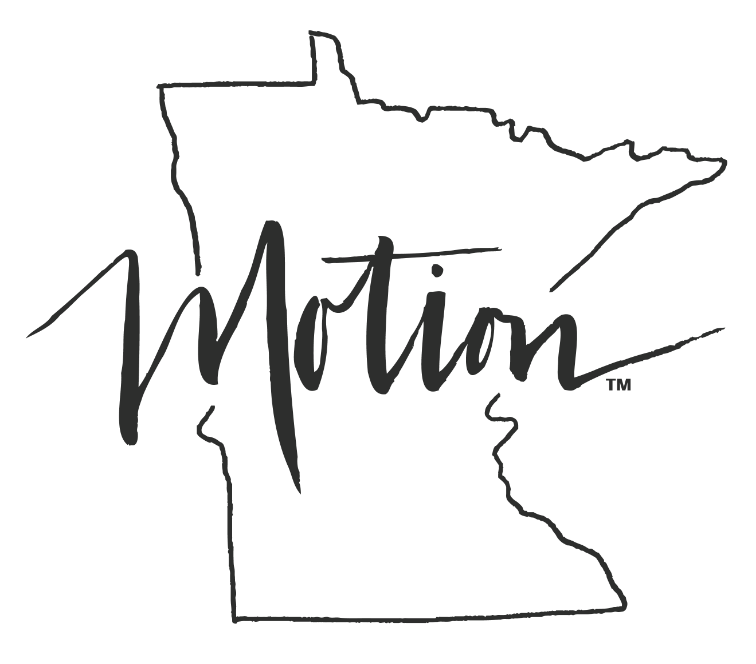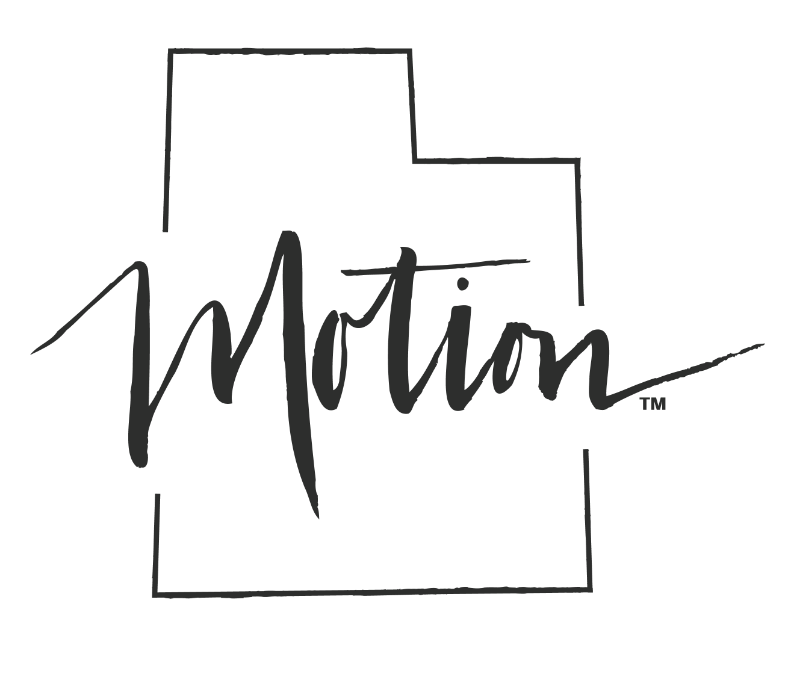By Michelle Steege PT, DPT
While listening to the radio recently, the host was talking about New Year’s Resolutions being less common than they used to be. He said that people are more comfortable starting a resolution at any time of the year. Whether or not this is true, I don’t know. It did, however, get me thinking about the number of people whose New Year’s Resolutions fail. US News reported in a 2015 article that 80% of New Year’s Resolutions fail by the second week of February.
Why is this? Possibly, because people need to be ready to change their mind as opposed to just their habits. Prochaska and DiClemente’s Stages of Change (trans-theoretical) Model helps explain this. There are 5 stages of change, regardless of what a person is attempting to change.
Pre-contemplation: People in this stage are not ready for change or even considering a change in the foreseeable future (measured as the next 6 months). This may be due to a lack of education on the consequences of the behavior, or they have attempted change multiple times without avail.
Contemplation: People in this stage are ready for change, often with intent to change in the next 6 months. A long period of time can be spent in this stage, as the pros and cons are weighed for changing a behavior.
Preparation: People in this stage are intending to change in the immediate future (within the next month). These individuals typically have a plan of action.
Action: People in this stage have made specific changes within the last 6 months. According to the trans-theoretical model, changes in this stage must be observable.
Maintenance: People in this stage have made specific changes, and are working to prevent relapse. Change processes are not applied as frequently in this stage as they are in the action stage. People in the maintenance stage are less likely to relapse, and feel more confident in their ability to continue with change. Researchers estimate this stage lasts from 6 months to 5 years.
Relapse is possible during any phase, at which point a person would return to an earlier stage. Most commonly, people return to the contemplation or preparation stage as opposed to the pre-contemplation stage.
Whether you have a New Year’s Resolution or other goals for change, use this model to determine what stage of change you are in and become more successful as you progress through the stages.
About Dr. Michelle Steege, PT, DPT:
Michelle is passionate about the profession of physical therapy, which allows her to help people return to the activities they love. Her experience in a hospital-based

outpatient orthopedic setting has given her the opportunity to treat a variety of orthopedic conditions and sports injuries. Michelle began her orthopedic residency at Motion in 2017, further advancing her knowledge in the world of physical therapy. She also has training in instrument-assisted soft tissue mobilization (IASTM) and running analysis.
Michelle earned her undergraduate degree from the University of Wisconsin – Eau Claire in exercise science. She then attended the University of Texas Southwestern Medical Center in Dallas where she earned her doctorate in physical therapy.
In her free time, Michelle enjoys being outdoors—running, biking, hiking, kayaking, and spending time at the cabin in northern Wisconsin.
Schedule an Appointment with Dr. Michelle Today
Works Cited
- https://health.usnews.com/health-news/blogs/eat-run/articles/2015-12-29/why-80-percent-of-new-years-resolutions-fail
- Prochaska, J. O., & Velicer, W. F. (1997). The transtheoretical model of health behavior change. American Journal of Health Promotion, 12(1), 38–48. https://doi.org/10.4278/0890-1171-12.1.38



